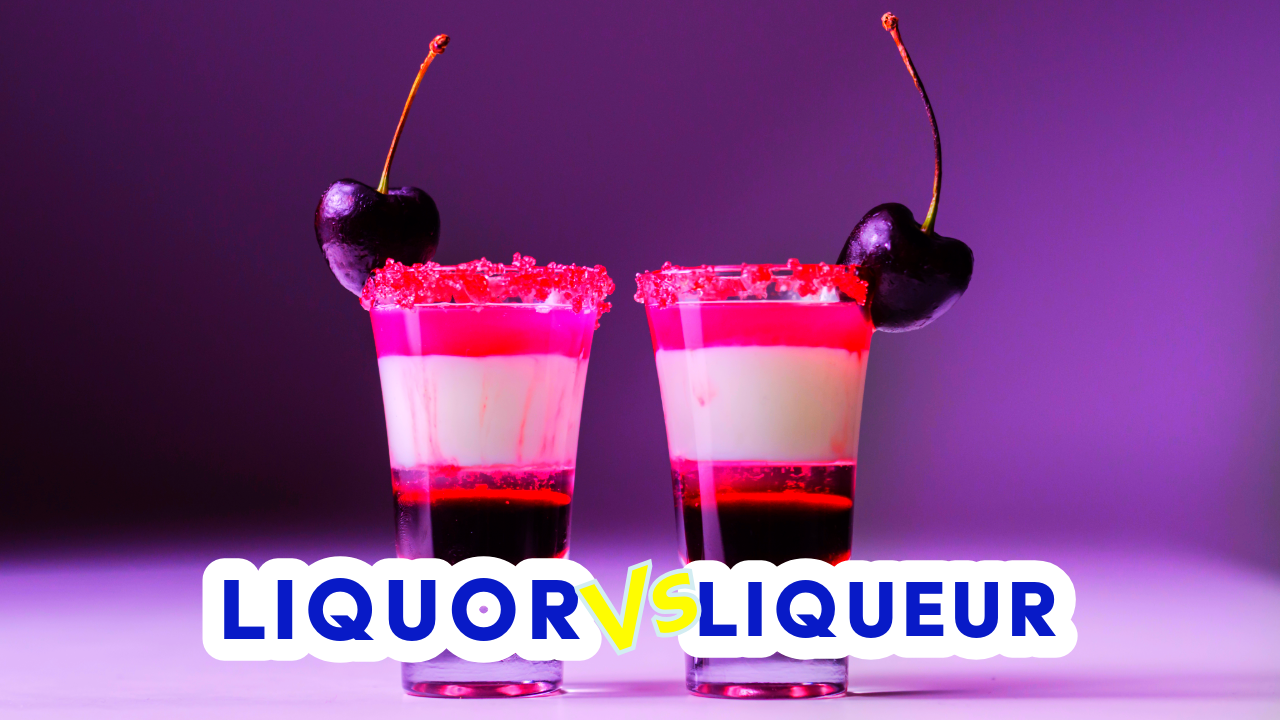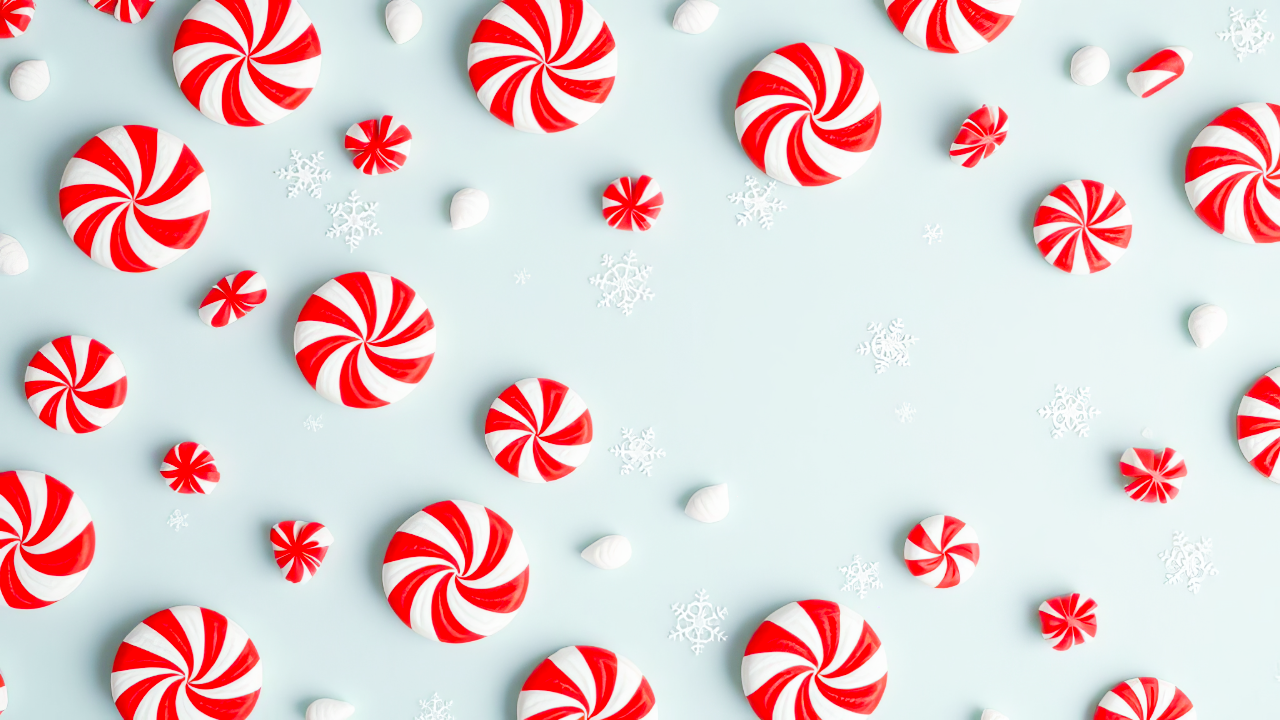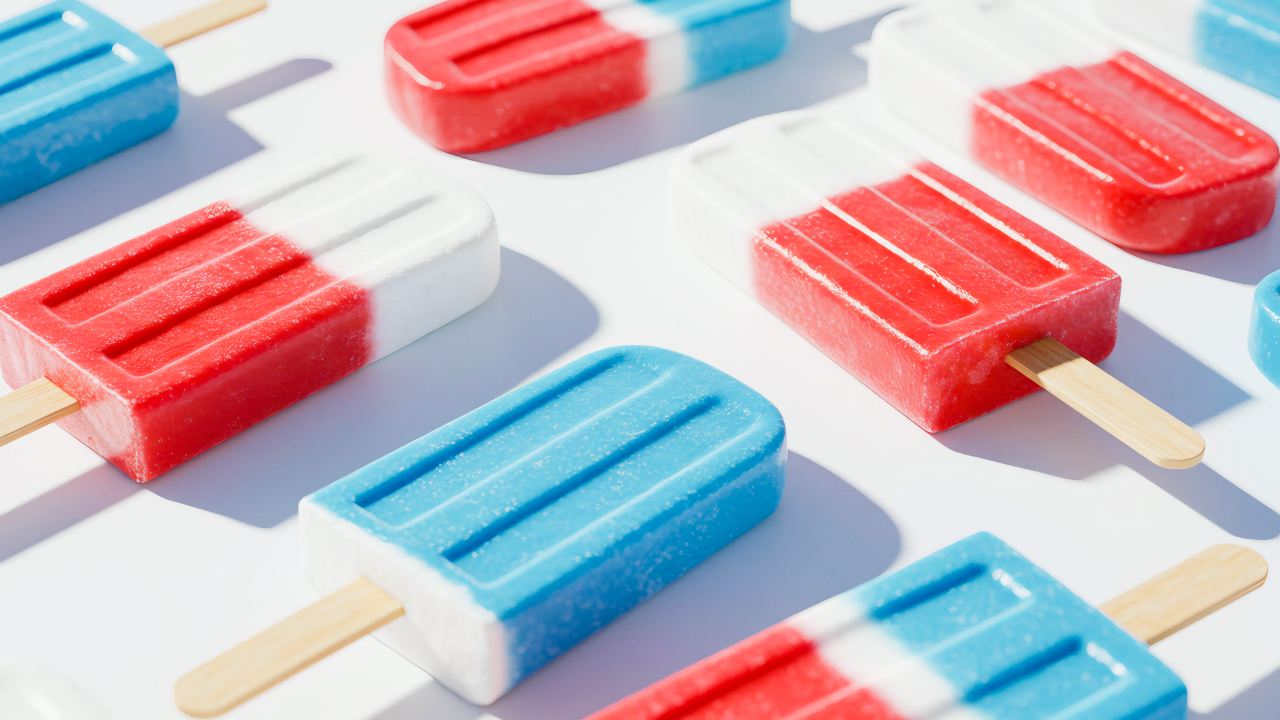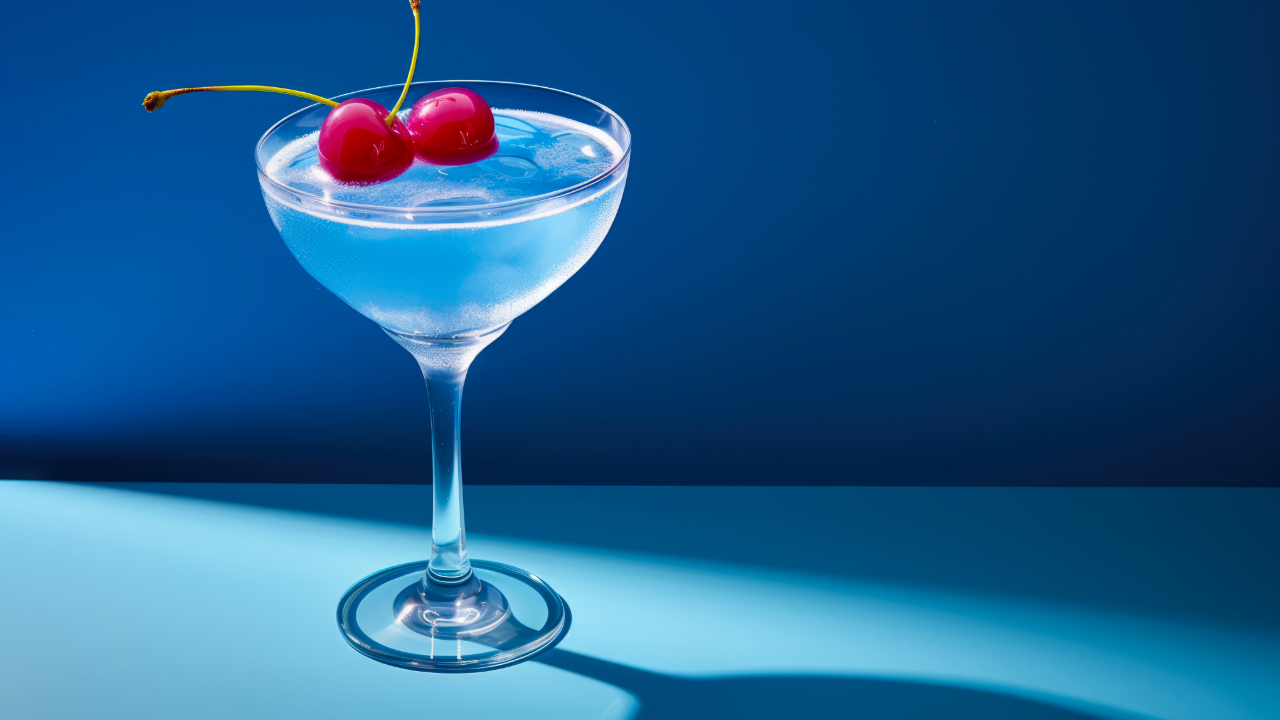In the captivating world of spirits, the terms "liquor" and "liqueur" often create confusion, even among seasoned cocktail enthusiasts. While they both occupy a beloved space in cocktail creation, these two categories of beverages are distinctly different in their composition, flavor profiles, and uses. In this edition of Taste Tales, we’ll unravel the differences between liquor and liqueur, helping you make informed choices for your next cocktail creation.
Understanding Liquor.
Liquor is a broad category that encompasses distilled spirits, which are fermented beverages that have undergone a distillation process to increase their alcohol content. The primary types of liquor include:
- Vodka: A clear spirit known for its neutral flavor, vodka is often used as a base in cocktails like the Moscow Mule and Bloody Mary.
- Whiskey: This spirit is made from fermented grain mash and is typically aged in wooden casks, giving it rich flavors. Popular whiskey cocktails include the Old Fashioned and Whiskey Sour.
- Gin: Distilled from grains and flavored with botanicals, including juniper berries, gin is a key ingredient in classic cocktails like the Martini and Negroni.
- Rum: Made from sugarcane or molasses, rum can be enjoyed neat or in tropical cocktails like the Piña Colada and Mojito.
- Tequila: This Mexican spirit is made from the blue agave plant and is essential for drinks like the Margarita and Tequila Sunrise.
Liquor is typically served straight, on the rocks, or as the main spirit in cocktails. Its alcohol content generally ranges from 40% to 50%, making it a potent choice for spirited beverages.
Now, what is a Liqueur?
Liqueur, on the other hand, is a type of liquor but with distinct characteristics that set it apart. Liqueurs are sweetened spirits that are flavored with various ingredients, including fruits, herbs, spices, and even cream. Here are some defining features of liqueurs:
- Flavor: Liqueurs are infused with a variety of flavors, which can range from fruity and floral to spicy and herbal. This flavor infusion can come from natural sources or artificial flavorings.
- Sweetness: Most liqueurs contain added sugar or sweeteners, making them sweeter than traditional liquors. This sweetness allows liqueurs to enhance cocktails with a burst of flavor without needing additional sugar.
- Lower Alcohol Content: Liqueurs generally have a lower alcohol content compared to liquors, typically ranging from 15% to 30%. This makes them a perfect addition to cocktails for adding flavor without overwhelming strength.
While both liquor and liqueurs' play essential roles in the world of spirits, they differ significantly in their composition, flavor profiles, and uses in cocktails. Understanding these distinctions can elevate your cocktail-making skills and enhance your appreciation for the art of mixology.
At London Liqueurs, we celebrate the unique qualities of liqueurs with our range of naturally flavored options, including Rose Water, Cactus Water, Sour Apple, Watermelon Mint, Southern Peach, and Electric Cherry. Explore the London Liqueurs Mixology Lab and discover how liqueurs can transform your cocktails into extraordinary creations!
Stay tuned to #TasteTales for more insights, tips, and inspiration to fuel your mixology adventures.
Cheers!
London Liqueur Company is creating the future for flavor, setting the standard for the next generation of premium flavored liqueurs through unwavering dedication to flavor innovation, ingredient transparency, and creativity. Explore our selection of flavored premium craft liqueurs at LondonMixology.com.






Share:
What Are Some Popular Liqueurs?
The Rise of Flavored Liqueurs: A New Trend?